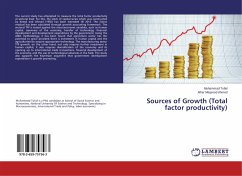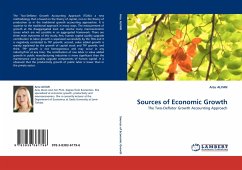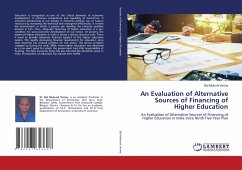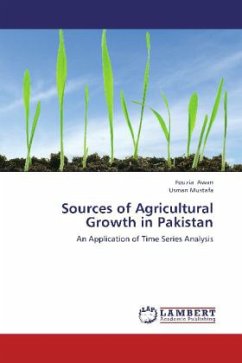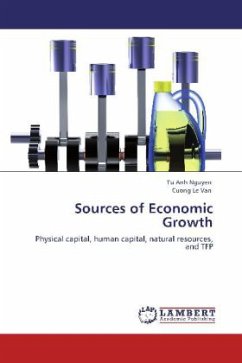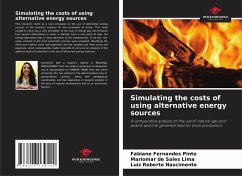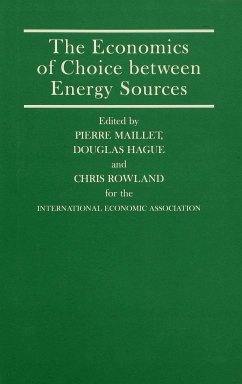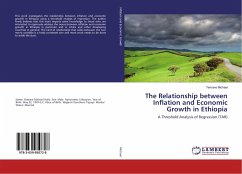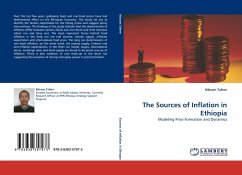
The Sources of Inflation in Ethiopia
Modeling Price Formation and Dynamics
Versandkostenfrei!
Versandfertig in 6-10 Tagen
32,99 €
inkl. MwSt.

PAYBACK Punkte
16 °P sammeln!
Over the last few years, galloping food and non-food prices have had deterimental effect on the Ethiopian Economy. This study set out to identify the factors responsible for the hiking prices and suggest policy interventions. The findings of the study indicate that the determinants of inflation differ between sectors (food and non-food) and time horizons (short run and long run). The most important forces behind food inflation in the long run are real income, money supply, inflation expectation and international food price. The long run determinants of non-food inflation, on the other hand, ar...
Over the last few years, galloping food and non-food prices have had deterimental effect on the Ethiopian Economy. This study set out to identify the factors responsible for the hiking prices and suggest policy interventions. The findings of the study indicate that the determinants of inflation differ between sectors (food and non-food) and time horizons (short run and long run). The most important forces behind food inflation in the long run are real income, money supply, inflation expectation and international food price. The long run determinants of non-food inflation, on the other hand, are money supply, interest rate and inflation expectations. In the short run model, wages, international prices, exchange rates and food supply are found to be prime sources of inflation. There is also evidence of cost mark-up in the short run suggesting the presence of strong monopoly power in price formation.



